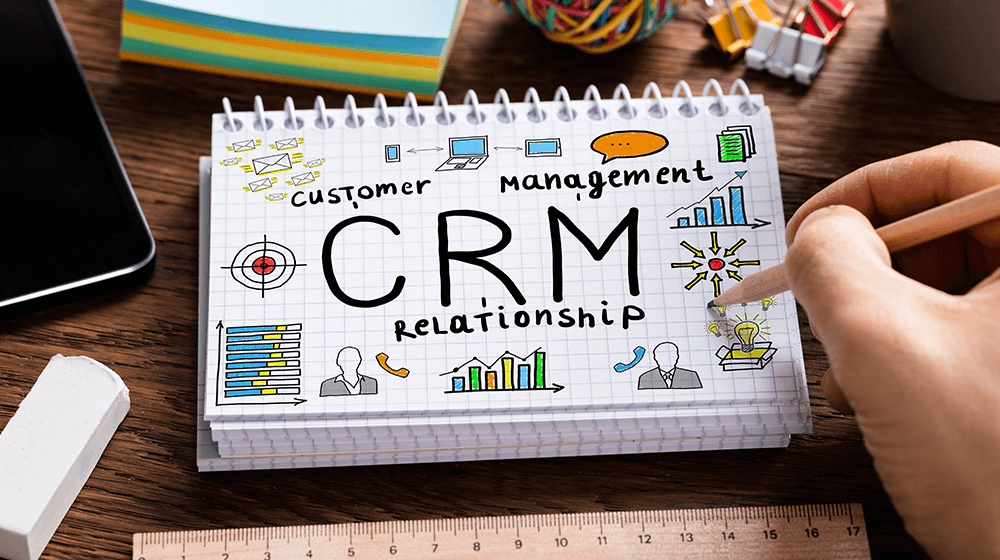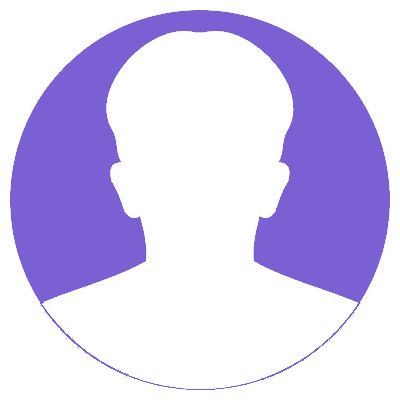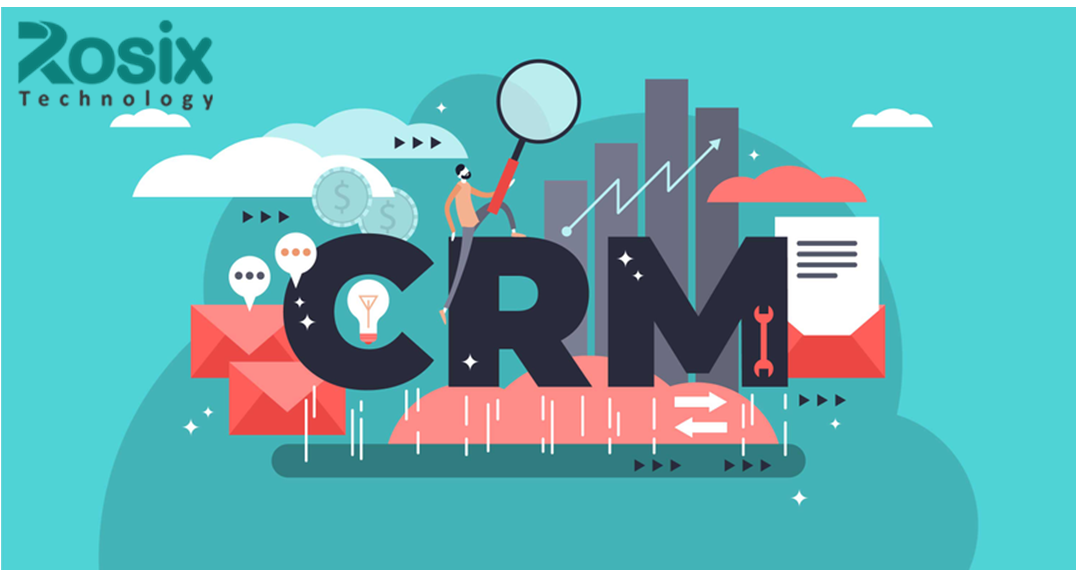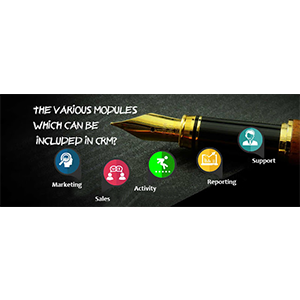
Business Logic with Strategy
A CRM, at its simplest, is a system that allows businesses to
manage business relationships, and the data and information associated with
them. A CRM is not just for just storing client information – it
can run your sales process, or even your entire core business process.
Customer relationship
management (CRM) empowers you to build robust, lasting relationships
with your customers by understanding their needs and delivering personalized
solutions — before they even ask.
For small
businesses and start-ups, managing relationships with suppliers and customers
just ‘happens’, and doesn’t necessarily require a sophisticated system.
However, as your business grows, you have more relationships to keep track of;
there are more people involved, and your customer and supplier lists get longer
and longer.
A good CRM
serves as an essential information backbone to manage the many links and
relationships that exist in a growing business.
- An online scheduling system to manage
bookings. The system could feature calendar views for staff as well as
automatic responses to allow users to keep up-to-date on the move. The
system could also allow external users to view scheduling and information
for upcoming events etc.
- An ERP system; The system could bring
together an existing CRM, Job Costing, Time sheeting, Production and
General Purchasing system and integrate all the information into one place
so that the business can run more efficiently.
- An order management system; The system
could automate the ordering process allowing the business to get quotes
from suppliers and manage the entire process from one system and as simply
as possible allowing more time to generate leads.
A CRM system can be as simple or as complex as
you need it to be – tailored to the way you work. Buying an on off-the-shelf
solution is not always the best solution as it often has features that are
confusing and not relevant to your business now or in the future.
Off-the-shelf
also means you have to adapt your processes and business to the CRM, rather
than the other way round.
A CRM system can be robust, yet flexible enough
to grow as your business does. You won’t need to buy a new system just because
the old one doesn’t do what you want it to do.
With a CRM
system, you can simply add on additional functionality and features of your own
choosing, as and when your business needs it and your budget allows.
Recent Posts

11 Ways CRM can benefit your business.
03 Oct 2022




